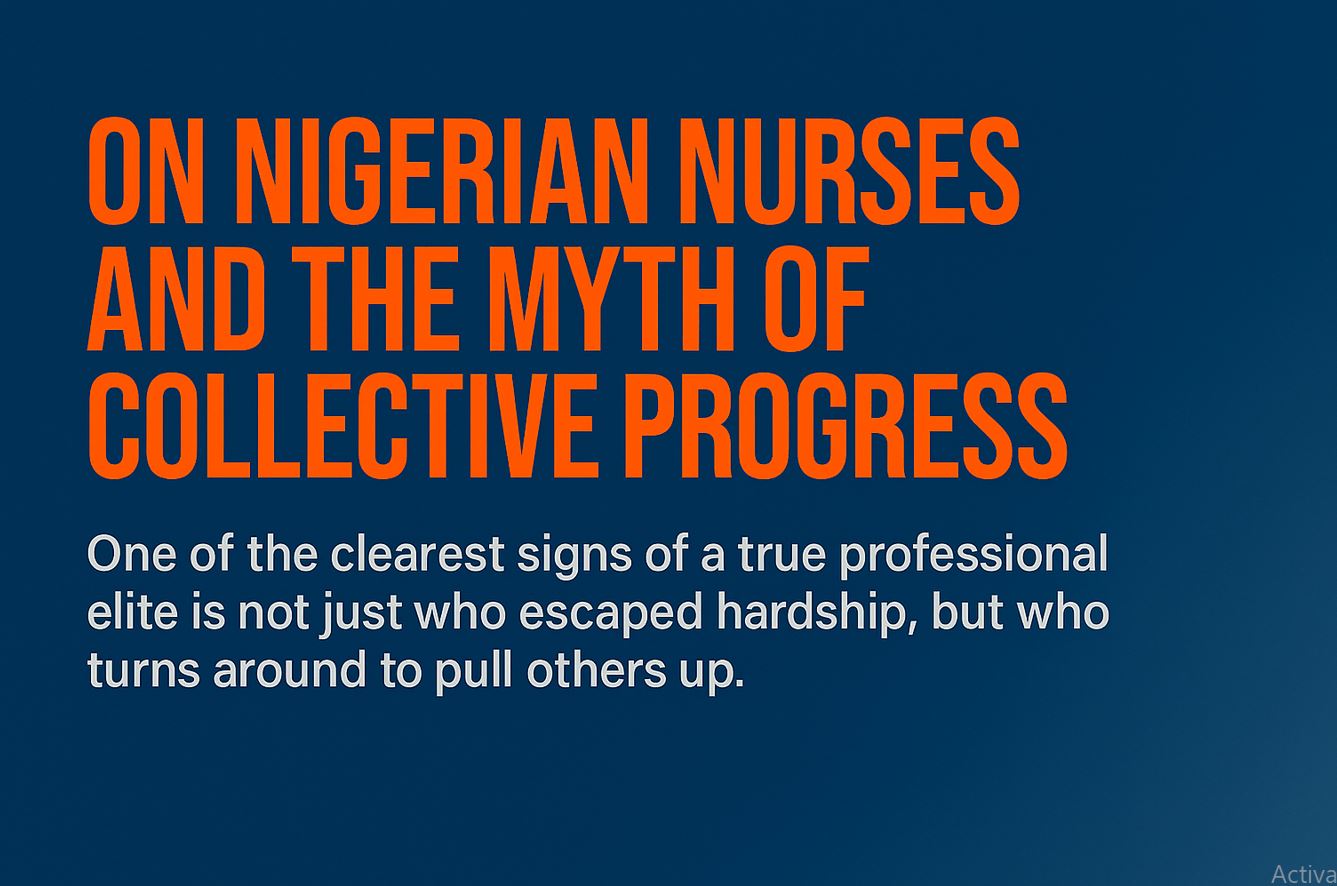The Nigeria Centre for Disease Control and Prevention (NCDC) has confirmed what many feared: Lassa fever is not just back—it’s surging, and the numbers are grim. 660 confirmed cases. 122 lives lost. And this is just in the first quarter of 2025.
The worst-hit states—Ondo, Bauchi, and Edo—are now the epicentres of a disease we should have under control by now. These three states alone account for over 70% of all confirmed cases. How is this still happening in 2025?
It’s a troubling déjà vu. Every year, we brace for an outbreak. Every year, people die preventable deaths. Yet, we don’t seem to act with the urgency or commitment this recurring disaster demands. 122 deaths and an 18.5% case fatality rate—worse than last year’s already unacceptable 17.5%—should be enough to trigger a national reckoning.
Dr. Jide Idris, Director-General of the NCDC, announced a “nationwide multi-sectoral response” and the deployment of rapid response teams to the worst-hit areas. It sounds impressive on paper, but the reality on the ground often tells a different story: under-resourced clinics, delayed testing, and communities that still don’t know what Lassa fever is or how it spreads.
Let’s be clear—this is not just a health issue; this is a failure of our public health infrastructure, and of political will. Lassa fever has been endemic in Nigeria for decades. There is no reason we should be scrambling in 2025 to “scale up community sensitisation” or “train healthcare workers on infection control.” That should have happened yesterday.
The NCDC is collaborating with global partners like WHO, MSF, and AFENET, and that’s commendable. But collaboration alone won’t save lives if the domestic response remains reactive instead of proactive.
We need more than emergency briefings—we need commitment, accountability, and political backing to build lasting systems. Rural health centers should be equipped and staffed year-round, not just when an outbreak makes headlines. Communities need consistent health education, not short-lived awareness campaigns. And local governments must be held accountable for inaction.
It’s time we stop treating Lassa fever like an inevitable seasonal occurrence. It’s not. It’s a deadly but preventable disease, and 122 Nigerians shouldn’t have had to die before it got this level of attention.
Until we treat every outbreak like the emergency it is—until we demand better—this cycle will repeat itself. And more lives will be lost needlessly.




